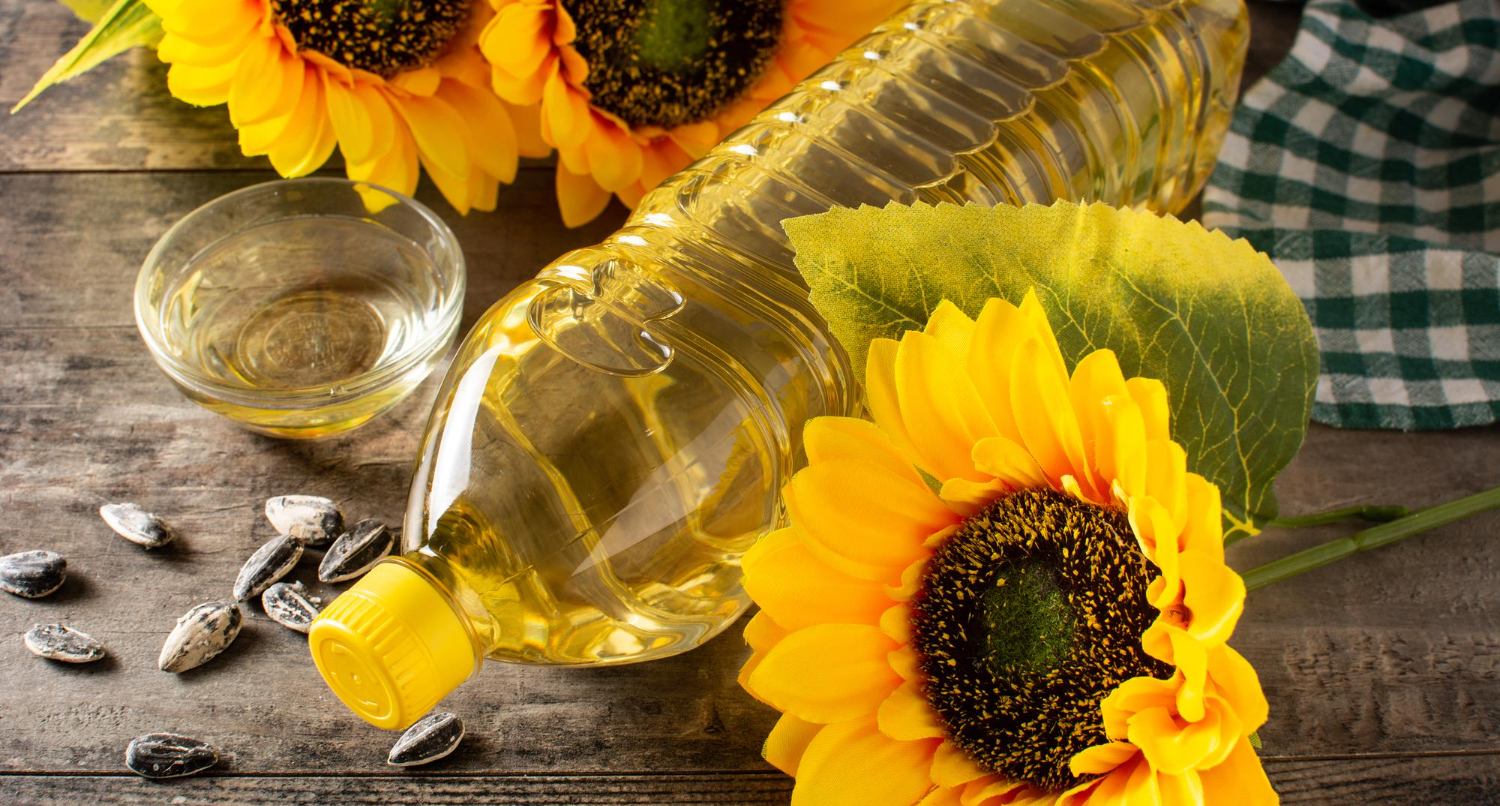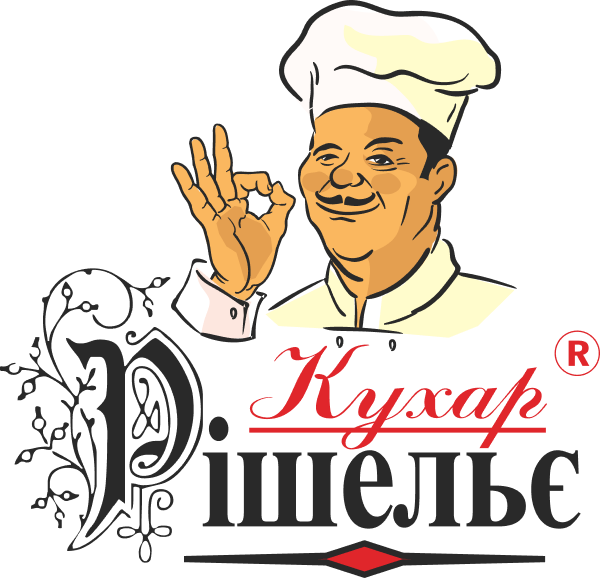How we produce our refined sunflower oil

Sunflower oil is a popular product. Everyone has seen at least one advertisement, dedicated to his refined kind, and many prefer it. The inscription on the bottle "refined" immediately attracts attention, and you like are without noticing put it into the cart. Read the label on, find a lot of obscure words. All instantly complicated. Frozen out? Deodorized?
The only ingredient of sunflower oil - is sunflower seed. It is demanding to the ground and pull out of the soil all of the nutrients. Ukrainian black soil makes it even more useful. The unique ability is specific to the plant - to turn to light in any direction. It becomes like the sun itself, endowed with warm rays, the energy of light and life. Sunflower with ripened seeds collected by combines, threshed seed and sent for recycling. Overly wet grain badly stored and heavy, so excess moisture will be removed from the inside. Dried seeds are further purified of debris and broken kernels. Peel and crush. The crushed seeds are called or the pulp.
From pulp, vegetable oil can be obtained in two ways: press or extraction. Less effective and most environmentally - press. Volume of the product obtained extracting larger.
Press in turn, is a cold (55 degrees) and a hot (110 degrees). When hot press pulp evenly stirred, moisturizes and sent to a screw press. The quality of press depends on many factors: pulp density, viscosity of the oil, long press. The resulting oil has a characteristic taste and smell of fried sunflower seeds. Cold press allows keeping more nutrients: minerals, antioxidants, vitamins and lecithin. The disadvantage of this type of purification is - the probability of hitting agricultural chemistry, products of the ecological impact.
Oil cake remaining after press, can be subjected to extraction, or used in animal husbandry.
Sunflower oil obtained by press called "crude" after press it is defecate and filtered just mechanical methods. It has good taste properties.
Then the long process of refining begins, which takes place in several stages. The word that you rarely meet on the packaging - Hydration. The name of the first stage speaks for itself, pointing to the involvement of the process water. The purpose of this step is to remove undesired phosphatides. Upon contact with the hot (70 ° C) water, it forms a specific protein from the precipitate and mucous substances which can lead to rapid spoilage of goods. The precipitate is separated and the resulting oil is subjected so-called neutralization.
A little warmed and mixed with alkali oil evenly shuffling. At that moment output free fatty acids, which reduce shelf life and cause of smoke formation during frying. They are often used in soap making. This processing also allows you to separate heavy metals, pesticides and effects of environmental exposure.
The purified product becomes transparent and gets yellow "straw" color. Now it can be called refined, not deodorized.
Freezing out. Oil is fed into special containers, where it is rapidly cooled. During the binding and removal of wax-like substances that prevent long-term storage, turbidity and sediment.
Stay healthy!
Author: Maxim Logvynenko
